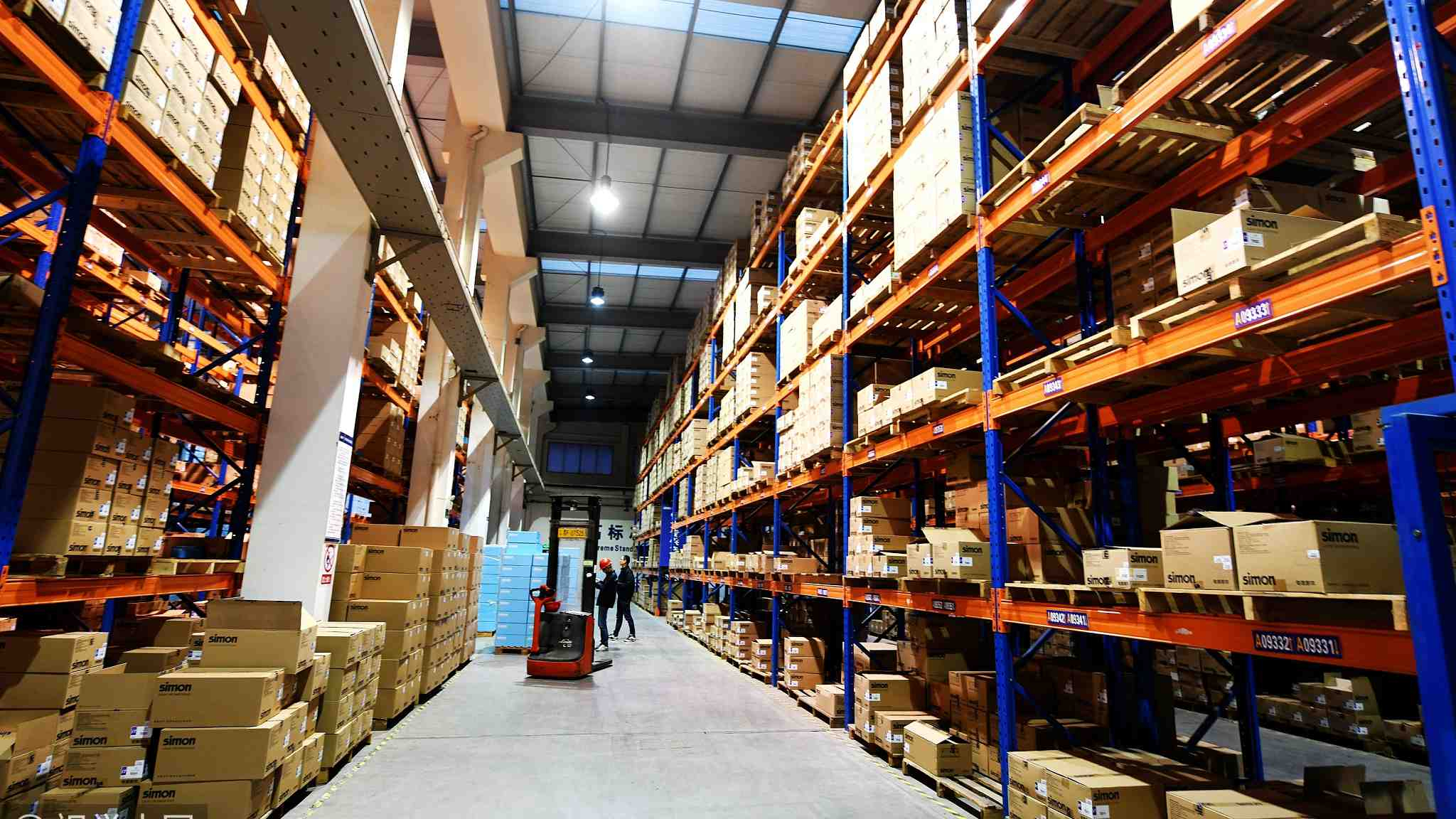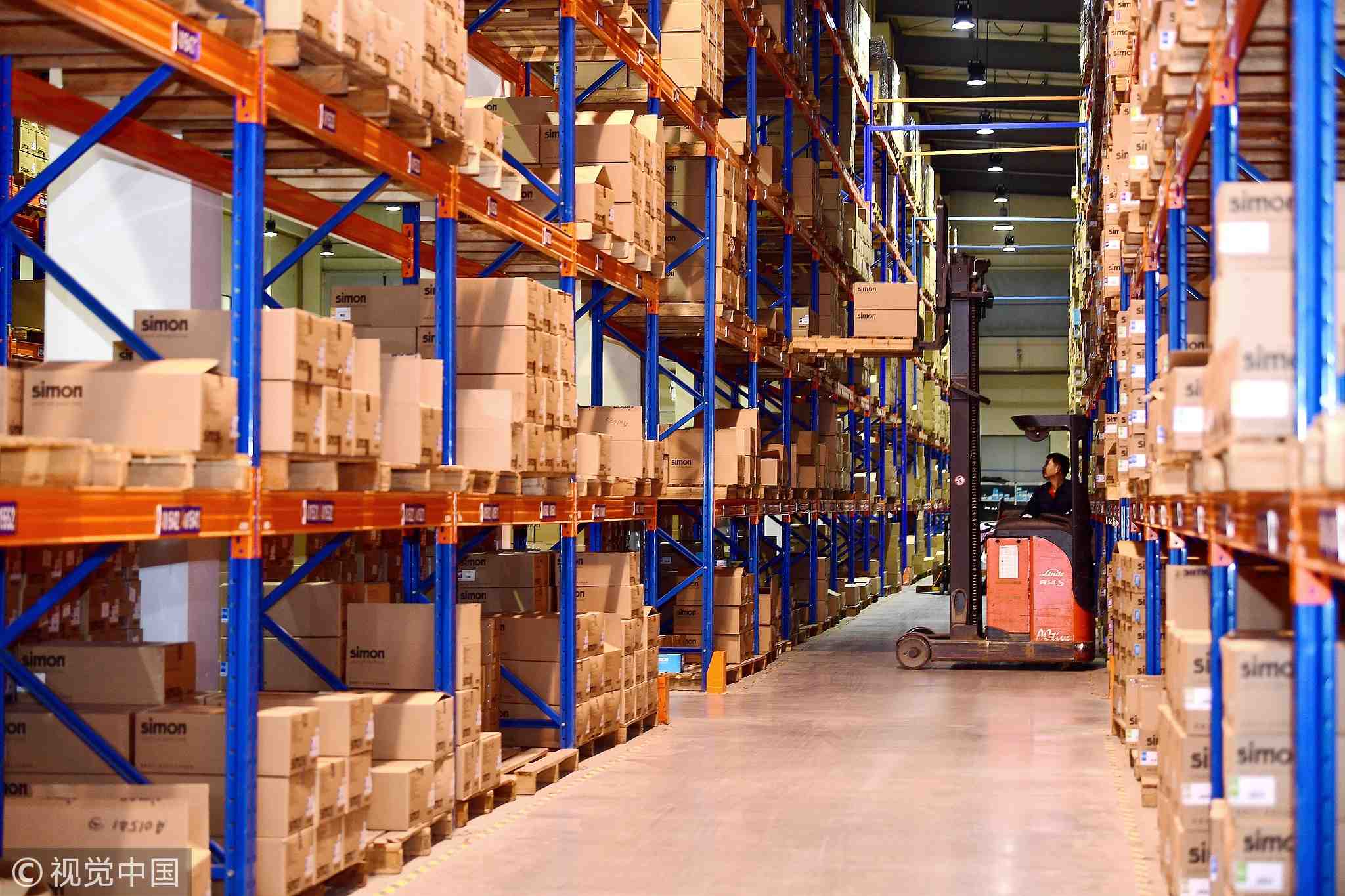
Opinions
21:03, 13-Nov-2018
Opinion: China’s e-commerce: a vivid example of latecomer advantage
Updated
20:31, 16-Nov-2018
Chen Jiahe

Editor's note: Chen Jiahe is chief strategist at Cinda Securities, Oxon. The article reflects the author's opinion, and not necessarily the views of CGTN.
When I was pursuing my university degree almost 20 years ago in the United Kingdom, I found many people were using video cassettes to watch films. This shocked me because at that time you could hardly find a video cassette in China. The compact disc (CD) was the popular technology and it has multiple technological advantages compared with the video cassette.
This was a typical example of the so-called “latecomer advantage.” Back almost 20 years ago, China's overall technological level was inferior compared with the UK. However, as a latecomer, China was capable of adopting the latest and the most efficient technology available.
Today a similar thing is happening again. China's e-commerce market is now the largest in the world. According to the State Post Bureau, in the Singles' Day that just passed, 1.35 billion packages were packed, 25.1 percent more than 2017.

VCG Photo
VCG Photo
Why doesn't this large e-commerce market exist in the United States, which has a preeminent technology industry? Why doesn't it exist in the European Union, which is much richer than China on an average basis? Latecomer advantage is a vital reason.
When the e-commerce business was gradually developed amid the dot-com bubble around 20 years ago, although it was later proved as a more efficient way of doing business compared with traditional commercial methods, neither the US nor the EU needed it urgently. Matured markets already had enough supermarkets, automobiles, etc. So in those markets, the new and efficient e-commerce performed as a supplement, rather than replacement of old business methods.
However, 20 years ago, China was an immature market. It had developed for only around 20 years since the reform and opening up in 1978. At that time, China neither had enough supermarkets nor enough automobiles. E-commerce jumped in and it rapidly fulfilled the blanks. After around 20 years' development, China now has the world's largest e-commerce market.
Economically speaking, e-commerce is a kind of business method that is more efficient compared with traditional methods. It saves both human resource and natural energy. Let's look at a few examples.
What does shopping online actually mean, when we talk about the saving of human resource and natural energy? When you shop at a supermarket, you have to drive your car to the market, do the shopping and come back. If there are 50 people doing the same thing, it will cost 50 times of traveling.

A warehouse of an e-commerce company in Jiangsu Province, China. /VCG Photo
A warehouse of an e-commerce company in Jiangsu Province, China. /VCG Photo
But when you are shopping online, only one delivery van can complete the shopping traveling of 50 people. As a whole, our society will cost less labor, less energy and occupy less road resource.
Think again about internet taxi. Traditional taxi drivers cruise roads to pick up passengers. It might cost them half a mile of idle distance before they find the next passenger. However, with accurate positioning and sophisticated calculation, internet driving cuts this idle distance by a significant amount.
Meanwhile, internet taxi also means identities of drivers and passengers are well recorded. It has been proved by statistics that this recording reduces the crime rate significantly.
Latecomer advantage does not only happen in China's e-commerce. High-speed railway is another example. Compare with other transportation methods such as highway and aviation, high-speed railway is more energy efficient, much faster in most cases and much safer.
However, at the time when the technology of high-speed railway was ready for application, matured markets at that time already had enough airports and highways. Japan was the first latecomer and it built its high-speed railway system in the second half of the 20th century.
China built an even more sophisticated and efficient high-speed railway system in the past decade. Thanks to this transportation system, today I can have my breakfast in Shanghai, attend a few meetings in Beijing and have my dinner in Shanghai again.
There is a phrase in the science of economics, which states “no one can disobey the rules of economics.” Latecomer advantage is certainly a great economic rule that China has followed successfully in the past few decades and should well utilize in the future for its economic prosperity.
(If you want to contribute and have specific expertise, please contact us at opinions@cgtn.com)

SITEMAP
Copyright © 2018 CGTN. Beijing ICP prepared NO.16065310-3
Copyright © 2018 CGTN. Beijing ICP prepared NO.16065310-3